In a bold move that has sparked controversy and tension, President Donald Trump announced the deployment of 2,000 National Guard troops to Los Angeles to address protests against immigration operations. This decision, contrary to the stance of California Governor Gavin Newsom, marks another instance of Trump utilizing the National Guard to quell demonstrations. While in 2020, he urged governors to send troops to Washington D.C. following the death of George Floyd, this time, Trump’s actions directly oppose Newsom, who holds command over the California National Guard.
Trump’s justification for federalizing the troops centers around tackling perceived lawlessness in the state, a move met with criticism from Newsom, who views it as unnecessarily provocative and likely to escalate tensions. As the power struggle between the federal and state governments unfolds, it raises questions about the limits of presidential authority and the implications for civil liberties.
Key Insight: The clash between Trump and Newsom highlights the broader debate over states’ rights and federal intervention in domestic affairs, a recurring theme in American history.
Underpinning Trump’s decision is the legal framework governing the use of military forces within the country. While federal troops typically should not engage in public security functions against American citizens except in emergencies, Trump’s invocation of a federal law allowing for the federalization of the National Guard in specific circumstances adds a layer of complexity to the situation.
Expert Perspective: Legal experts highlight the ambiguity surrounding whether the president can mobilize National Guard troops without the governor’s authorization, underscoring the delicate balance of power between federal and state authorities.
The directive issued by Trump outlines the National Guard’s supportive role, emphasizing protection for ICE agents during law enforcement activities rather than direct policing duties. This distinction, as noted by legal scholar Steve Vladeck, is crucial, as it prevents the Guard from functioning as a police force unless Trump formally invokes the Insurrection Act. However, concerns arise regarding the potential escalation of force and the slippery slope towards more aggressive military involvement in domestic affairs.
Key Insight: Trump’s deployment of troops to Los Angeles echoes historical precedents where presidents utilized similar legislation during times of civil unrest, such as the civil rights era and responses to natural disasters.
Looking back at past mobilizations of troops, including in response to the Rodney King case and the COVID-19 pandemic, the current deployment stands out due to the lack of consent from the state governor. This departure from tradition adds a layer of complexity to the situation and raises questions about the precedent set for future federal-state interactions in times of crisis.
Expert Perspective: Historically, the use of military forces in domestic matters has been a delicate balancing act, requiring careful consideration of state sovereignty and federal authority to maintain the country’s democratic principles.
Trump’s past rhetoric on military use sheds light on his approach to handling civil unrest and enforcing his policy agenda. From threatening to invoke the Insurrection Act during the George Floyd protests to his current stance on immigration enforcement, Trump’s reliance on military forces underscores his commitment to a strong-handed approach in maintaining law and order.
As the standoff between federal and state forces unfolds in Los Angeles, the broader implications reverberate across the country, sparking debates on constitutional limits, states’ rights, and the role of the military in civil society. The outcome of this clash will not only shape current perceptions of presidential power but also set precedents for future administrations facing similar challenges.
In conclusion, Trump’s deployment of the National Guard in Los Angeles represents a pivotal moment in the ongoing struggle between federal authority and state autonomy. The decision underscores the complexities of governance in a democratic society and raises fundamental questions about the balance of power between different levels of government. As the situation develops, the nation watches closely, cognizant of the far-reaching implications of this clash for American democracy and civil liberties.


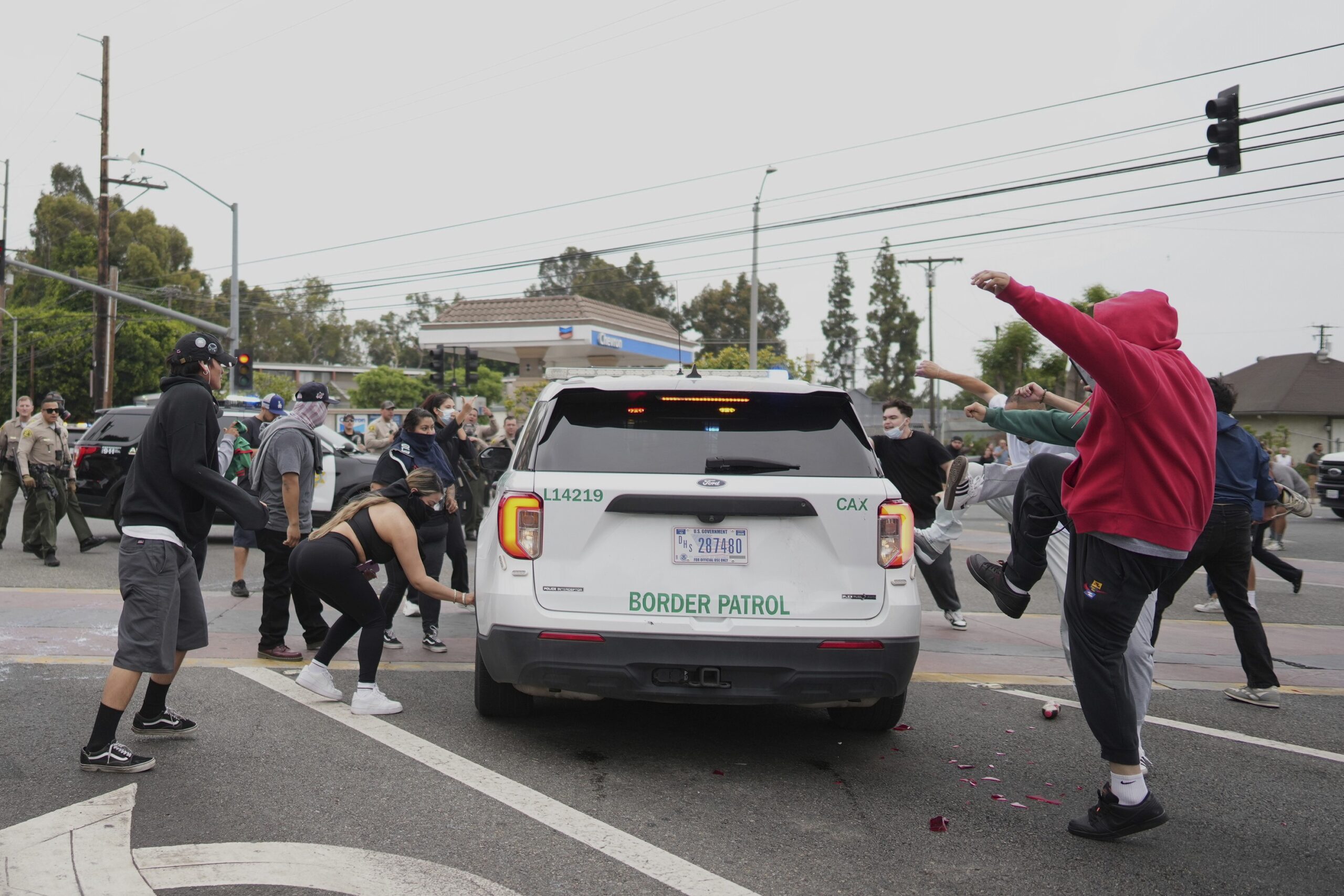
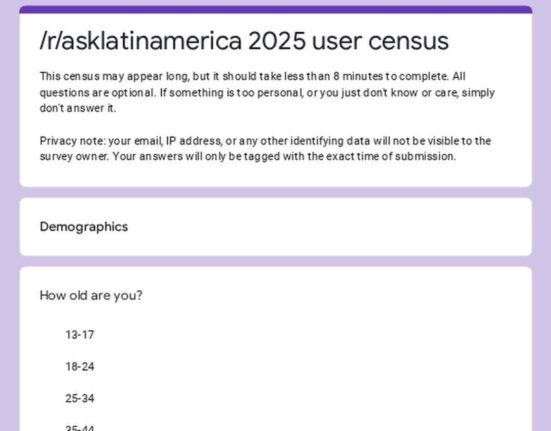
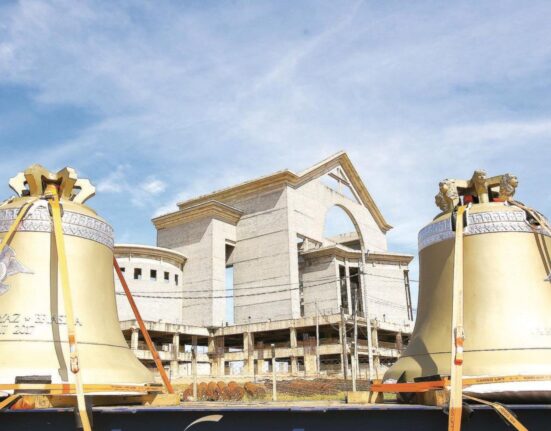
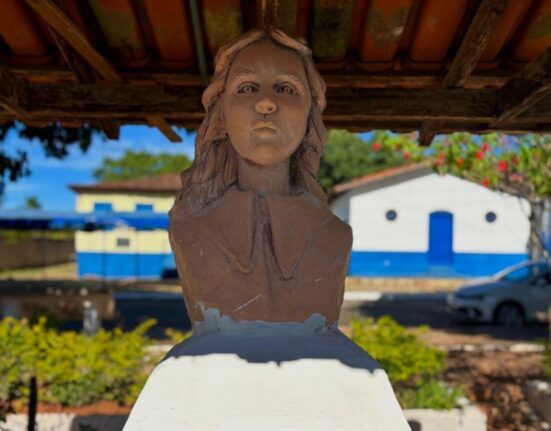


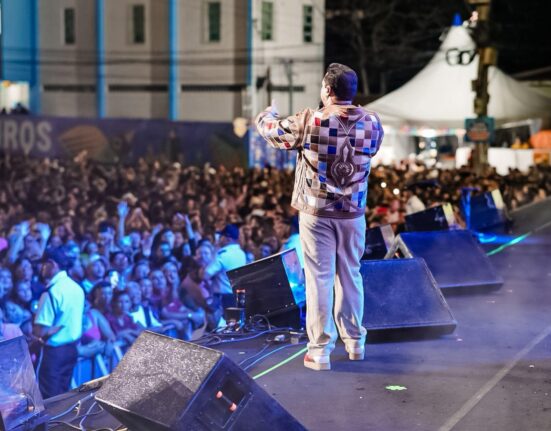
Leave feedback about this